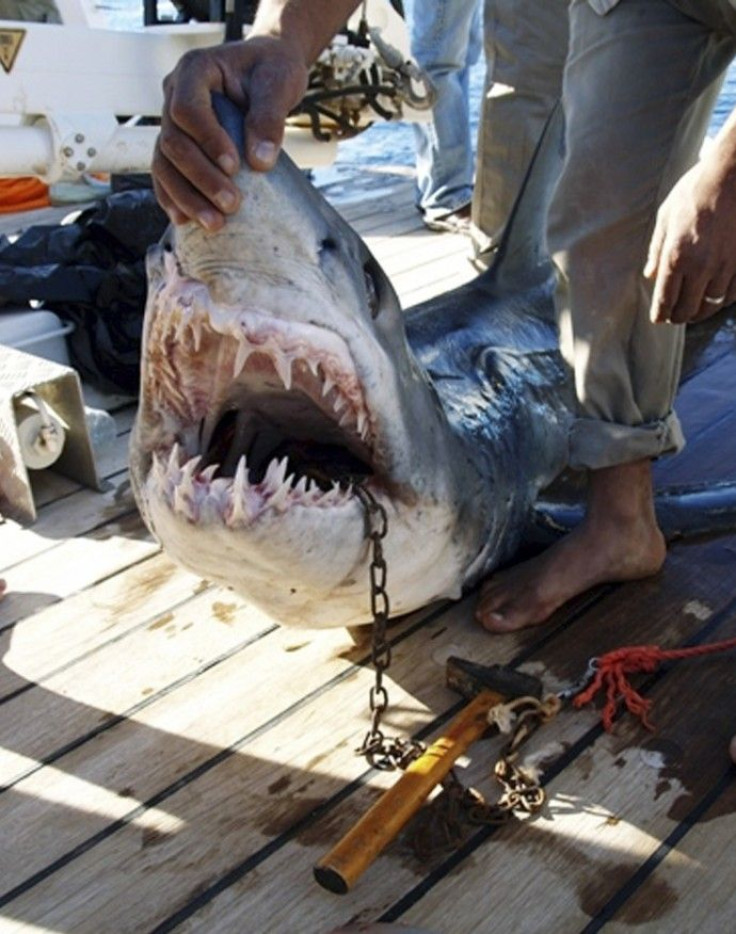Humans Killing Off Large Predators, Devastating Ecosystem: Study [PHOTOS]

Humans are killing off large predators-- everything from sharks to lions, provoking an extinction of the animals that are holding the equilibrium of the Earth's ecosystem in place.
A recent study by scientists from over 20 ecologists from six countries highlighted the gravity of a pending extinction of large preditors in Science, an academic journal.
These predators and processes ultimately protect humans. This isn't just about them, it's about us, William Ripple, a co-author of the report, told AFP.
According to the report, we are experiencing a sixth mass-extinction of large predators in the history of the Earth, the first to be caused by humankind.
Targeted are large carnivorous animals who prey on smaller animals and keep their numbers in check. These animals, like wolves and whales, are the victims of poaching and hunting.
What is the effect?
It's true that many of these large animals frighten human beings but they are necessary elements of the Earth's ecosystem.
Without large predators, smaller animal populations are growing exponentially.
Yellowstone National Parker, wolves are now an endangered species, and experts have found the local elk population has ballooned in their absence, according to Discovery News.
Lions and leopards are subject to poaching across Africa, leading to a surge in olive baboobs, which transfer intestinal parasites to local human communities.
The effects can be devastating.
The article reinforced the common knowledge that if human beings continue to kill large predators, we may be swarmed with smaller, more grizzly alternatives.
© Copyright IBTimes 2024. All rights reserved.











